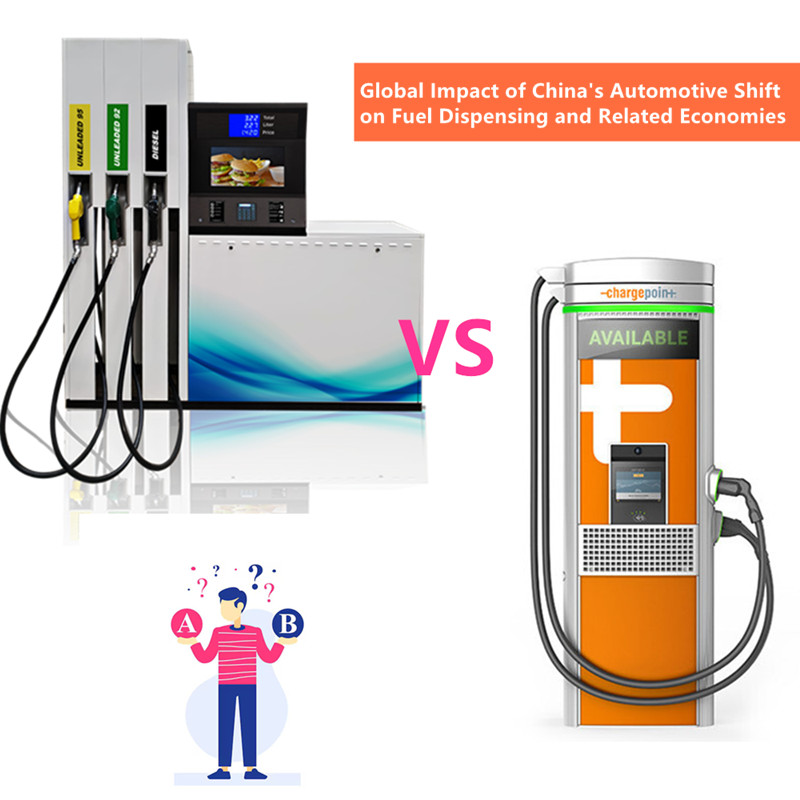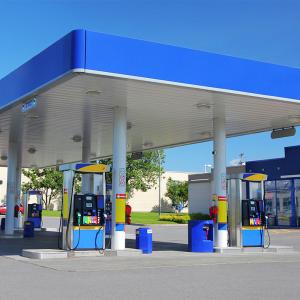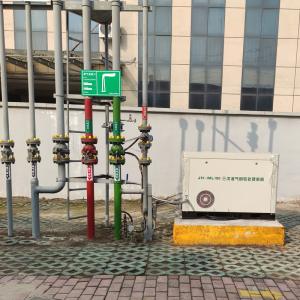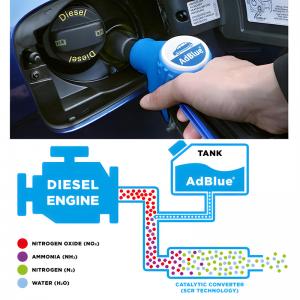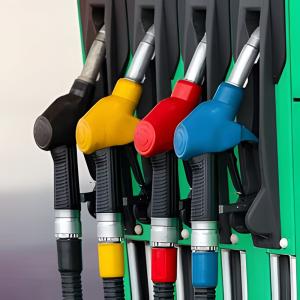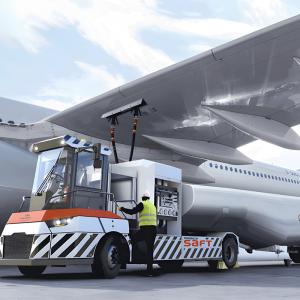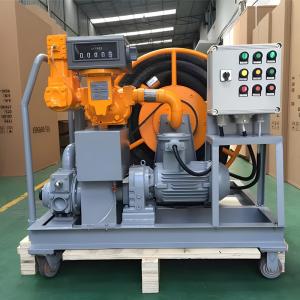Briefing: Global Impact of China's Automotive Shift on Fuel Dispensing and Related Economies
Subject: Analysis of how China's NEV policy is reshaping the global fuel retail equipment sector and creating worldwide economic ripple effects.
Executive Summary:
The Chinese government's strategic pivot to dominate the New Energy Vehicle (NEV) market is creating a paradigm shift with profound consequences for the global gas pump (fuel dispenser) and gas station equipment industry. This transition is forcing a sector traditionally focused on liquid fuels to adapt or face obsolescence. The ripple effects extend far beyond the forecourt, destabilizing traditional oil demand forecasts, reshaping global auto manufacturing, and triggering a reallocation of trillions of dollars in global capital towards a new electric and digital infrastructure. China's scale is effectively accelerating the global energy transition, creating both severe challenges and significant opportunities for economies worldwide.
1. Direct Impact on the Global Fuel Dispenser & Station Equipment Industry
The business model for manufacturers of traditional fuel dispensers is under direct threat, necessitating a fundamental strategic rethink.
-
Stagnating Demand in Key Growth Markets: For decades, global equipment manufacturers (e.g., Dover Fueling Solutions, Gilbarco Veeder-Root, Tatsuno) looked to China as a primary growth market for new station builds and pump replacements. This growth engine is now sputtering. With Sinopec and CNPC pivoting capital expenditure towards charging infrastructure, new orders for traditional fuel dispensers in China are forecast to flatline and then decline. This forces global manufacturers to seek growth in other emerging markets or pivot their product lines entirely.
-
The Imperative for Product Line Diversification ("The Energy-Agnostic Dispenser"): To survive, leading equipment manufacturers are no longer just selling pumps. They are developing and acquiring technology to become integrated solutions providers for the "energy station of the future." This includes:
-
Manufacturing EV Chargers: Developing their own DC fast charging (DCFC) units or forming partnerships with EVSE (Electric Vehicle Supply Equipment) companies.
-
Developing Dispenser-Integrated Chargers: Creating hybrid units that can dispense both liquid fuel and electricity from the same island, optimizing valuable forecourt space.
-
Software and Management Systems: Offering sophisticated site management software that can handle dynamic pricing for both electricity and fuel, loyalty programs, and energy load balancing to prevent grid overload at sites.
-
-
Intensified Global Competition from Chinese Manufacturers: Chinese manufacturers of fuel dispensers (e.g., Sanki, Hongyang) are also facing a shrinking domestic market for their core product. This is pushing them to aggressively export their competitively priced equipment to other markets in Southeast Asia, Africa, and the Middle East, increasing price pressure on Western manufacturers in those regions. Furthermore, Chinese EV charger manufacturers (e.g., Star Charge, TELD) are becoming formidable global competitors in the charging space.
2. Impact on the Global Real Economy
The effects are pervasive, reshaping global supply chains, trade flows, and competitive dynamics.
-
Reshaping of the Global Auto Industry & Oil Demand:
-
Threat to Legacy Automakers: The rapid rise of Chinese EV manufacturers (BYD, NIO, XPeng), backed by government policy, has created a new wave of affordable, tech-forward exports. This poses a direct and severe competitive threat to traditional automakers in Europe, North America, and Japan, forcing them to accelerate their own costly electrification plans under significant margin pressure.
-
Peak Oil Demand Acceleration: As the world's largest oil importer, a structural decline in China's gasoline demand would be a watershed moment. It brings forward the timeline for global peak oil demand, creating long-term price headwinds and fundamentally challenging the economic models of oil-exporting nations (e.g., Saudi Arabia, Russia, Nigeria) and international oil companies.
-
-
Commodity Markets and Geopolitics:
-
Shift from Oil to Critical Minerals: Geopolitical influence is shifting from petrostates to "lithiotstates." Nations with large reserves of lithium (Chile, Australia, Argentina), cobalt (DRC), and nickel (Indonesia) have gained immense strategic importance. This is creating new trade alliances and tensions.
-
Supply Chain "De-risking": The West's dependency on China for battery components and processing (80%+ of global capacity) is viewed as a critical vulnerability. This has triggered massive investment programs like the US Inflation Reduction Act (IRA) and European Green Deal, which incentivize localized battery and EV manufacturing supply chains. This represents a historic re-allocation of industrial capital.
-
-
Global Infrastructure and Investment Flows:
-
Reallocation of Capex: Investment is flooding into gigafactories, lithium mines, and grid upgrades instead of new oil refineries and offshore drilling platforms. Oil majors like Shell and BP are investing in global charging networks, directly competing with the traditional equipment manufacturers now moving into their space.
-
Chinese FDI in Manufacturing: Chinese battery giant CATL and EV manufacturers are establishing factories in Europe (Germany, Hungary) and Southeast Asia to localize production and circumvent trade barriers. This brings investment and jobs but also increases competitive pressure on local industries.
-
3. Key Chinese Government Levers with Global Consequences
-
NEV Mandates ("Dual-Credit" Policy): Forced automakers to produce EVs, creating a guaranteed market and enabling scale.
-
Phased Subsidies: Initially created demand, then were pulled back to force manufacturers to become cost-competitive, which they now are—enabling aggressive global exports.
-
Infrastructure Build-Out: A state-directed rollout of charging stations addressed range anxiety and made EVs practical, providing a model for other nations to follow (or compete with).
4. Future Outlook and Global Risks
-
Trade Wars: The wave of cost-competitive Chinese EVs and equipment is already provoking EU anti-subsidy investigations and US tariff policies, risking a fractured global market for green technology.
-
** Stranded Assets:** There is a significant risk that traditional gas stations, particularly those in urban areas unable to afford the retrofit to charging, become stranded assets. Their value could plummet.
-
Grid Pressures: The global push for electrification, accelerated by China's example, will place unprecedented strain on national electricity grids, requiring massive investment in generation and transmission infrastructure worldwide.
Conclusion:
China's automotive policy is a decisive global economic force. For the global gas pump and station equipment industry, it is an existential challenge that is forcing a transformation from mechanical engineers of liquid dispensers to digital architects of integrated energy management systems. For the wider global economy, it is accelerating the end of the oil age, redistributing geopolitical power, and forcing nations to choose between embracing Chinese technology, protecting domestic industries, or forging a competitive path of their own. The decisions made in Beijing are now a primary determinant of investment and strategic planning in boardrooms and government offices from Houston to Hamburg to Hyderabad.
